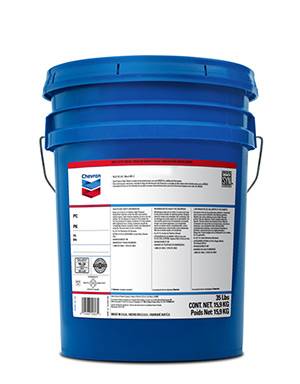Aug . 06, 2024 08:37 Back to list
Exploring the Intricacies of Control Mechanisms in Fluid Dynamics and Their Applications
The Valve A Vital Component in Engineering and Industry
In the realm of engineering and industrial processes, the valve is an essential component that plays a critical role in the control and management of fluids, gases, and steam. Valves are everywhere, from household plumbing systems to complex industrial applications, and their importance cannot be overstated. This article explores the various types of valves, their functions, and their significance in different sectors.
Understanding Valves
At its core, a valve is a device that regulates, directs, or controls the flow of fluids (liquids or gases) within a system. Valves can be operated manually or automatically and can be found in a myriad of applications, including water supply systems, oil and gas industries, chemical processing, and HVAC (heating, ventilation, and air conditioning) systems.
Types of Valves
There are several types of valves, each designed for specific applications
1. Gate Valve Often used for on/off control, gate valves operate by lifting a gate out of the path of the fluid. They are ideal for applications where the flow needs to be completely halted or allowed unrestricted flow.
2. Globe Valve This type is primarily used for regulating flow. Globe valves feature a spherical body and are designed to minimize the impact of flow changes, making them ideal for throttling.
3. Ball Valve Known for their quick operation, ball valves use a hollow, perforated sphere (or ball) to control flow. They are widely used in situations that require a tight seal and fast shut-off.
4. Butterfly Valve With a disc that rotates on a spindle, butterfly valves are lightweight and compact, making them perfect for applications that need rapid flow control and are constrained by space.
5. Check Valve These valves allow fluid flow in one direction only, preventing backflow. They are crucial in systems where reverse flow could cause damage or operational issues.
the valve

6. Pressure Relief Valve Specifically designed to protect systems from excessive pressure, these valves automatically release pressure when it exceeds a predetermined level, ensuring safety and integrity.
Applications of Valves
The versatility of valves has led to their use in numerous industries
- Water Supply and Wastewater Management In municipal systems, valves are critical for controlling water distribution, preventing backflow, and regulating pressure. They are vital in treatment plants and distribution networks.
- Oil and Gas Industry Valves control the flow of crude oil and natural gas, both in extraction and transportation. They are also essential in refining processes and ensuring safe operations.
- Chemical Processing In chemical plants, valves are used to manage the flow of various chemicals, ensuring that reactions occur safely and effectively while minimizing the risk of leaks or spills.
- HVAC Systems In heating and cooling systems, valves regulate airflow, control temperature, and manage pressure within ducts, ensuring efficient operation.
The Importance of Maintenance
Given their critical functions, maintaining valves is crucial for operational efficiency and safety. Regular inspection, cleaning, and timely replacement of worn-out parts can prevent failures and costly downtime. Understanding the specific demands of the application can aid in selecting the right type of valve and ensuring it operates smoothly.
Conclusion
The valve is indeed a small but mighty component in the world of engineering and industry. Its ability to control and regulate the flow of fluids has made it indispensable across various sectors. Whether it’s a simple ball valve in a residential plumbing system or a complex control valve in a refinery, valves pave the way for safe, efficient, and effective fluid management. Investing in quality valves and maintaining them properly not only enhances operational efficiency but also ensures the longevity of entire systems.
-
Flanged Gate Valve: A Reliable Choice for Industrial and Municipal SystemsNewsAug.20,2025
-
Soft Seal Gate Valve: A Modern Solution for Reliable Pipeline ControlNewsAug.20,2025
-
Gate Valve Types: Understanding the Options for Your Pipeline SystemsNewsAug.20,2025
-
Y Type Strainer: Essential for Clean and Efficient Flow SystemsNewsAug.20,2025
-
Cast Iron Y Strainer: Durable Solutions for Demanding ApplicationsNewsAug.20,2025
-
Flanged Y Strainer: An Essential Component in Industrial Filtration SystemsNewsAug.20,2025
Related PRODUCTS









